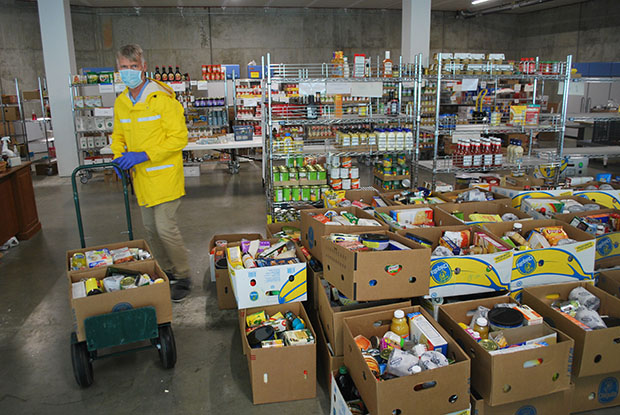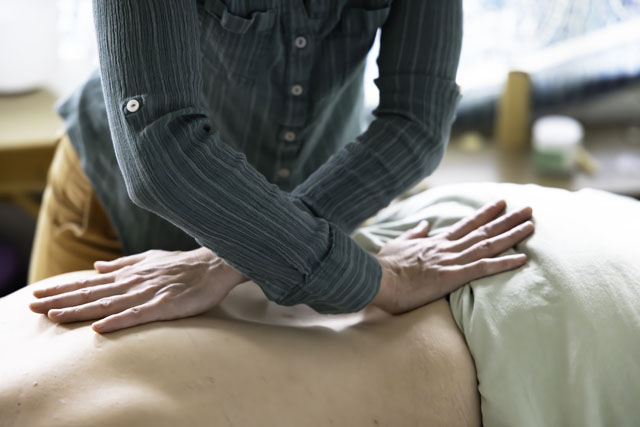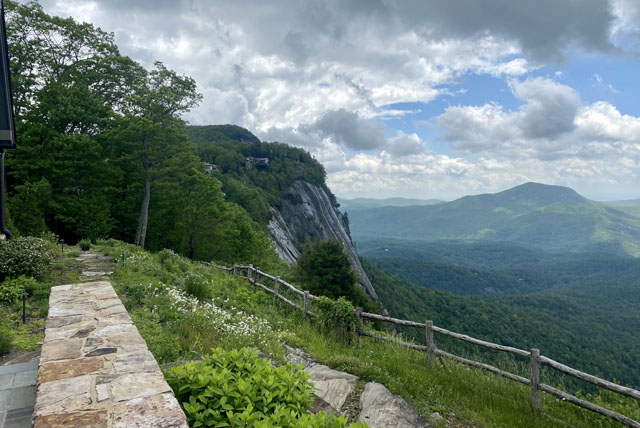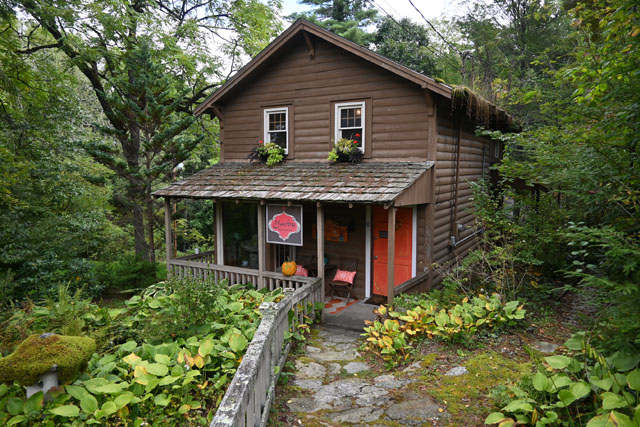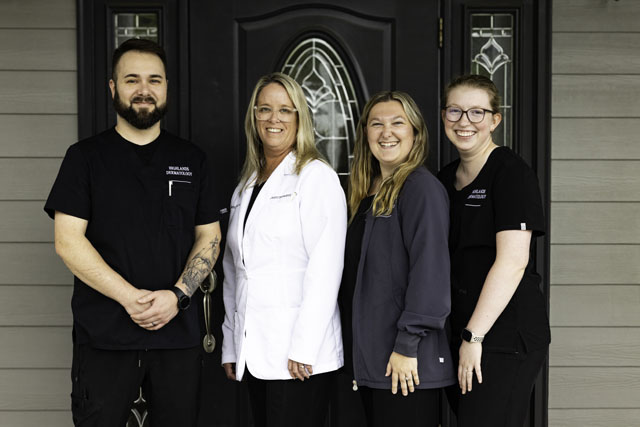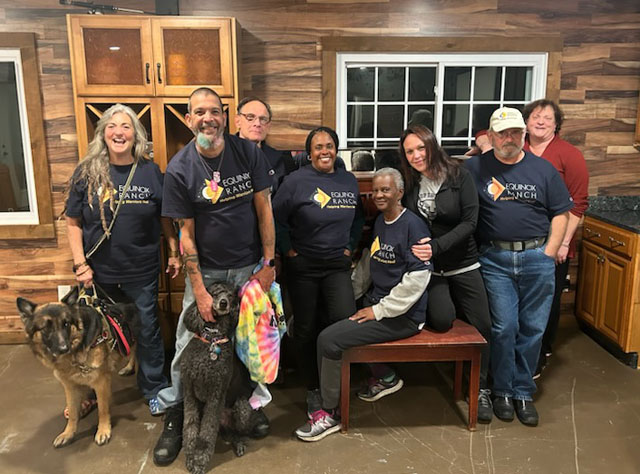Coping
07 Aug 2020
Mental health in the stresses of current times
BY Diane C. McPhail
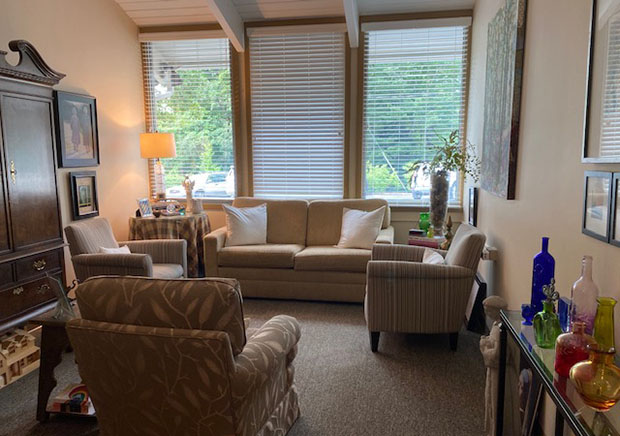
No one could have foreseen the coming of the pandemic or the immense stresses of current times. We relegated such things to history books in high school: Spanish flu, Civil Rights, the Cold War. We closed that book with relief at passing and went on with life. Now we are living new history and finding it both difficult and puzzling.
The strangely contagious COVID-19 virus has sent us into “hiding.” The shut-down and isolation takes its own toll in the process. Teachers, medical professionals, therapists are being called upon to learn and use advanced technologies to provide services. Children are struggling to learn in a new way. They don’t have their usual stimulating play, which is also a way of learning and socialization. Careworn parents are balancing careers online with caring for their homebound families. Many are facing loss of work and how to care for families without it. Grandparents are missing the joys of their grandchildren’s development and adult children worry about the well-being of parents, whom they cannot see and help. Add these to the ordinary stresses of relationships, throw in social justice and unrest, top it off with a coming election in a period of unprecedented political divide: All told these extended stresses are creating a nationwide, global-wide, rise in mental health challenges.
All of us are susceptible. None of us can foresee the effects of long term shut-downs any more than we could foresee the coming of this virus. Some of us are facing stress at a level more demanding than others: those with pre-existing conditions who are more vulnerable; those on the front line, meeting the crises in service to others—doctors, nurses, first responders, grocery clerks, retail clerks, caretakers, delivery providers—whose chance of exposure is far higher; those in financial or housing difficulty; people with disabilities; those dependent on others for their care; those alone. All of these put people at higher risk, not only for the virus, but for emotional and mental exhaustion from long-term stress. And we have no way to predict how long this could last.
Currently, one-third of Americans show signs of anxiety and depression. This is an alarming sign of the psychological difficulties brought on by the coronavirus. Liselotte Dyrbye, a Mayo Clinic doctor and leading researcher on burnout, states that “We’re now hitting a period of uncertainty where a lot of people are asking themselves how long they can keep it up.” Sleep difficulties, domestic and child abuse, addiction issues, increased alcohol consumption are all on the rise. Every problem in life seems bigger, more difficult, and we feel less capable of coping.
Underlying other issues, there is one that often remains unnamed—that of both individual and collective grief. There is grief that we know how to name, death or severe illness. But there is also grief that goes unrecognized, having to do with loss. As individuals, we can recognize most of our personal losses, from isolated work to going to the movies to how we worship, but we may not recognize our responses as grief. The same is even more true at the collective level. Grief is much more than just sadness. There can be many aspects: denial, anger, bargaining, guilt, shame, withdrawal, fear of feeling, fear of losing control, and others. All of these grief responses may manifest in groups, whole societies, marriages and families. Individually and communally, we have lost a number of very valuable things: freedom, confidence, predictability, a cultural foundation that gives us security, big hugs and the touch of others, a world we know how to negotiate. We are grieving, whether we know it or not, which puts all of us at risk of an increase in other emotional and psychological stresses.
If we are accustomed to believing that we can handle our problems, we may hesitate to reach out to trained professionals for help. Symptoms may include anxiety, depression, insomnia, self-harm, excessive nervousness, increases in eating, drinking, marijuana, drugs, anger control, excessive sadness, blame, helplessness and hopelessness. We may suffer through symptoms without realizing that help is only one phone call away. Those who have never availed themselves of counseling may wrongly judge themselves for seeking help. They may see seeking help for a problem as a weakness, when in truth it is a decision of strength and wisdom.
On the plateau, we are fortunate to have excellent mental health care. As a starting point, you can go to https://www.psychologytoday.com/us/therapists/28741 to find listed bios, photographs, and contact information for therapists in the zip code 28741. Pastors and staff at all of the churches are available to help directly or to assist in finding the right fit in a professional. Competent medical help is available for effective medications to alleviate depression, anxiety, insomnia, and other problems. The Counseling & Psychotherapy Center of Highlands, at The Peggy Crosby Center, is a source for clients with a range of issues. Counselors at the center include licensed, experienced professionals with skills in working with individuals, marriage and family, children and adolescents. In addition, services include a highly credentialed addictions counselor. Safety precautions are a top priority and counselors are available in a variety of ways: in office with masks and distance, as well as by confidential online sessions. The center is a well-funded facility with sliding scale fees, adjusted to meet individual needs.
The Counseling & Psychotherapy Center of Highlands strives to strengthen families and individuals by providing access to quality mental health services regardless of financial ability.
Services include therapy, classes, and consultation.
- Therapy for children, teens, adults, couples, and families.
- Classes are offered regularly for all ages, including grief support group, to provide education and support for increasing wellness.
- We look to support organizations in our community to address specific needs. We believe in working together to support a healthy and vibrant community.
Common Issues:
- Alcohol/Drugs
- Aging
- Anxiety
- Body Image Communication
- Depression
- Employment
- Experiences of Abuse
- Family Concerns
- Grief
- Parental Coaching
- Relationships
- Self-Esteem
- Stress
- Traumas
In addition, to these common issues, clients often wrestle with the following questions:
- What gives meaning to my life?
- How do I start to feel stronger?
- How do I create more fulfilling relationships?
Therapists (editors note: photos of therapists on FTP)
Please call one of our therapists if you have a concern or suggestion.
Anne Koenig, LPC, RPT-S
Children / Teens / Adults / Couples
(404) 357-0728
Jeanne Reynolds, D.Min, LMFT
Teens / Adults / Couples
(706) 476-5817
Melanie Norman, LPC, LCAS, CCS
Teens / Adults
(828) 507-1739
Tracy Stribling Franklin, LPC
Children / Teens / Adults / Couples
(870) 219-5557
The Counseling & Psychotherapy Center of Highlands is located at
The Peggy Crosby Center
348 S. Fifth Street
Highlands, NC28741
Offices: 201, 203, 210
Counselingcenterofhighlandsnc.com

